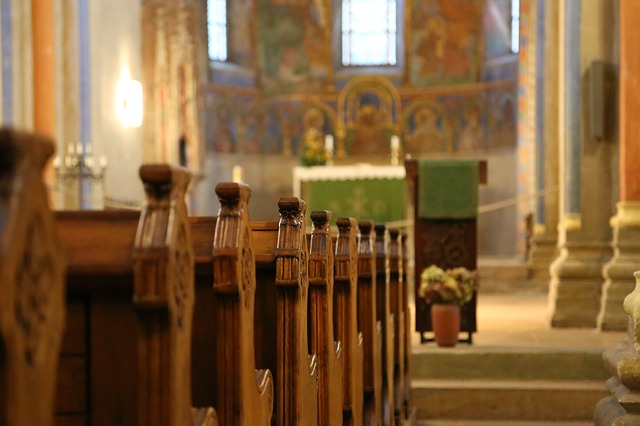New converts do not necessarily attend church more frequently, research reveals

A new study on church attendance has revealed that those who have converted to another religion or sect do not necessarily start going to services more frequently.
Ryan P. Burge, who teaches American institutions, public administration, and international relations at Eastern Illinois University, studied how people switch religious affiliations using data from the Cooperative Congressional Election Study panel conducted in 2010, 2012 and 2014.
In a blog posted on Religion in Public website, Burge released some of his major findings, indicating that there was little movement among Protestants or Catholics across the four-year time period.
Burge noted that out of 9,500 individuals who took part in the research, 62 percent said their level of attendance was the same in 2014 as they did in 2010. Nine in 10 have maintained their membership in their previous denomination.
While the attendance has been highly stable, almost 10 percent more of the population were attending church with less regularity compared to those attending church more regularly, Burge said.
"One would assume that an individual 'giving their heart to Jesus' would show some evidence of their religious behavior changing and would likely attend church at a much higher rate after becoming a born-again Christian. However, the data does not confirm that assumption," he wrote.
Burge explained that out of 9,500 survey participants, 300 became born again from 2010 to 2014. About half (154) of those who became born again had not changed their religious attendance, while 96 (33 percent) people out of the remaining 146 started attending church more frequently, while 50 (16.7 percent) actually attended church less after claiming born-again status.
Overall, the findings revealed that only 1.6 percent of Americans who become born-again actually started attending church more frequently between 2010 and 2014.
Burge had also suggested that politics could be one of the factors that are keeping people away from church more frequently.
He cited the research by political scientists, such as Paul Djupe, Anand Sokhey, and Jake Neiheisel, that showed Democratic-leaning believers are more-likely to leave their congregation if perceive that the majority of its members are Republicans.
His findings also revealed that believers who were attending church a lost less in 2014 compared to 2010 were more likely to be closely aligned with Democrats.
"Put another way: if 100 individuals were attending church much less in 2014 than 2010, 70 of them did not change their political affiliation while 19 became more aligned with the Democrats, and 11 became more aligned with the Republican party," he noted.
Burge stressed that he cannot really say if politics was the primary reason for Democratic-leaning people to leave the church, adding that it is "crucial to note that this analysis does not establish a causal relationship."











